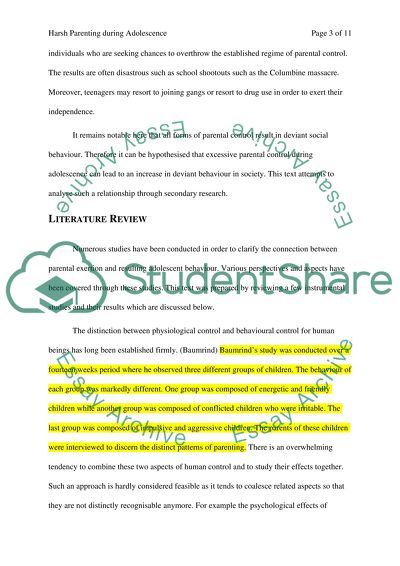Cite this document
(“Harsh Parenting during Adolescence Research Paper”, n.d.)
Retrieved from https://studentshare.org/education/1430224-parenting-adolsecence-in-harsh-parenting
Retrieved from https://studentshare.org/education/1430224-parenting-adolsecence-in-harsh-parenting
(Harsh Parenting During Adolescence Research Paper)
https://studentshare.org/education/1430224-parenting-adolsecence-in-harsh-parenting.
https://studentshare.org/education/1430224-parenting-adolsecence-in-harsh-parenting.
“Harsh Parenting During Adolescence Research Paper”, n.d. https://studentshare.org/education/1430224-parenting-adolsecence-in-harsh-parenting.


